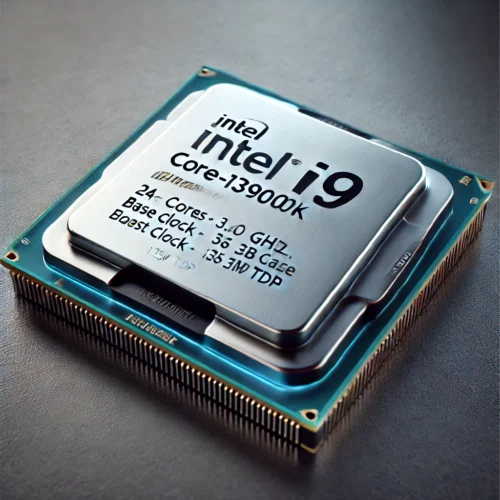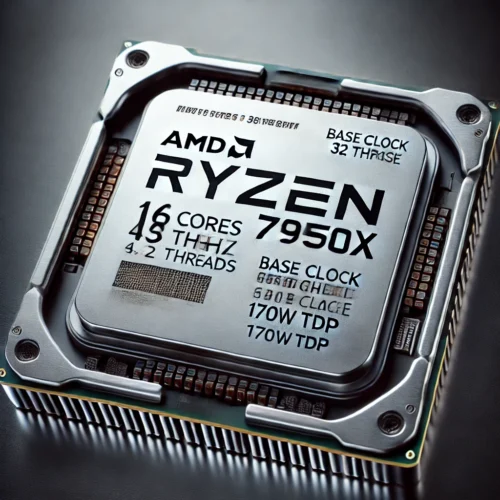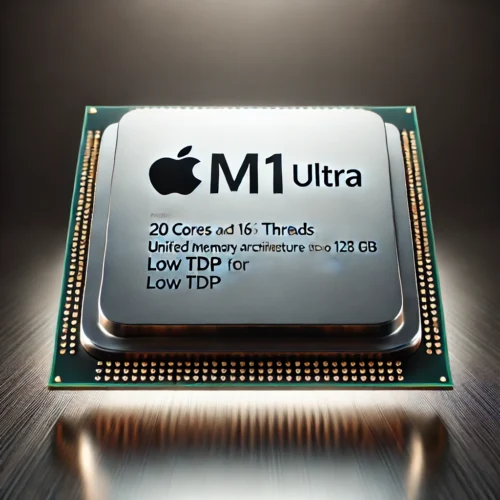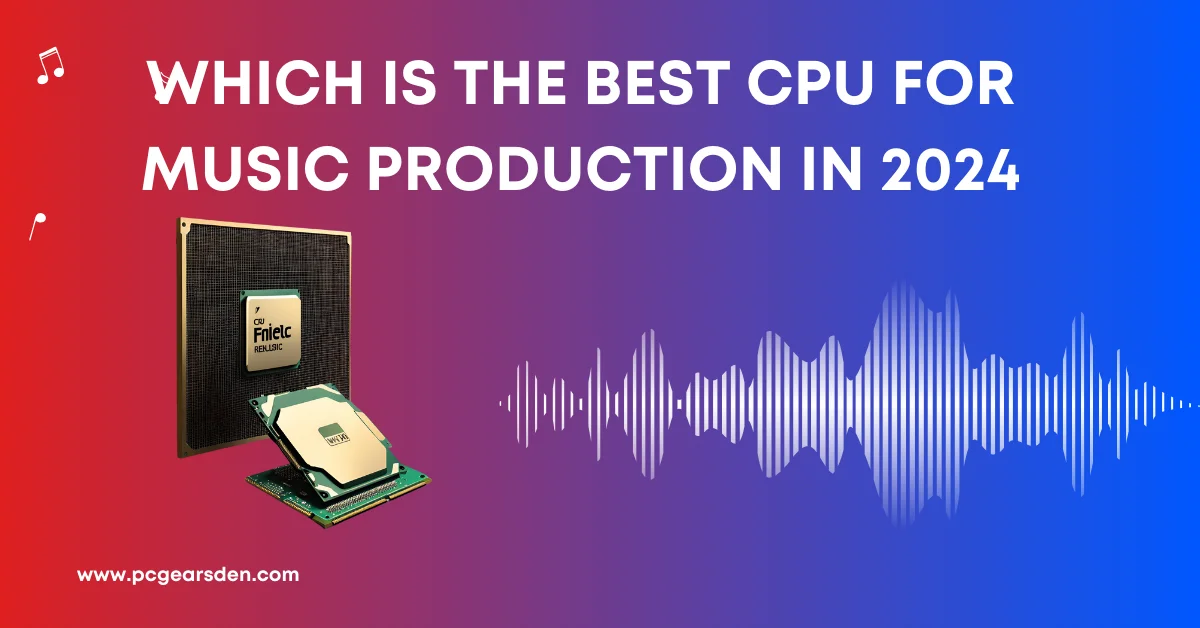Selecting the right CPU is crucial for music production, as it can significantly impact your workflow, efficiency, and the quality of your productions. In 2024, with advancements in technology, there are several top contenders for the best CPU for music production. This guide will help you navigate the options and make an informed decision.
Why CPU Matters in Music Production
The CPU, or Central Processing Unit, is the brain of your computer. For music production, a powerful CPU ensures smooth operation of digital audio workstations (DAWs), virtual instruments, plugins, and effects. Here are key factors to consider:
- Processing Power: High clock speeds and multiple cores can handle complex projects with numerous tracks and effects.
- Latency: A powerful CPU reduces latency, ensuring real-time processing and monitoring.
- Stability: Ensures reliable performance without crashes or glitches during sessions.
Moreover, the evolution of CPUs has dramatically transformed the music industry, revolutionizing the way music is produced, recorded, and even consumed. Early music production relied heavily on analog equipment and physical media, which had limitations in terms of editing and production capabilities. The advent of powerful CPUs has enabled digital audio workstations (DAWs) to become the central hub of music production.
CPUs enable non-linear editing in DAWs, allowing producers to make changes to any part of a track without affecting the rest of the project. High-speed CPUs facilitate seamless collaboration between musicians and producers across the globe. With powerful processors, large audio files can be shared, edited, and mixed remotely in real-time. This capability has opened up new avenues for creativity and collaboration, breaking down geographical barriers.
Key Features to Look for in a CPU for Music Production
- Core Count and Threads: More cores and threads allow your CPU to handle multiple tasks simultaneously. Aim for at least 6 cores for mid-level production, but 8-12 cores are ideal for more demanding projects.
- Clock Speed: Higher clock speeds (measured in GHz) mean faster processing. Look for CPUs with base clock speeds of 3.5 GHz or higher.
- Cache Size: A larger cache allows the CPU to access frequently used data more quickly, improving overall performance.
- Thermal Design Power (TDP): Lower TDP means the CPU runs cooler, which is essential for maintaining performance and longevity.
Top CPUs for Music Production in 2024
1. Intel Core i9-13900K
The Intel Core i9-13900K stands out as a top choice for music producers due to its impressive specs:
- Cores/Threads: 24 cores / 32 threads
- Base/Boost Clock: 3.0 GHz / 5.8 GHz
- Cache: 36 MB
- TDP: 125W
- Integrated Graphics: Intel UHD Graphics 770
Benefits for Music Production:
- High Core Count: The 24 cores allow for handling multiple tracks and plugins simultaneously, ensuring smooth playback and editing.
- High Boost Clock Speed: The boost clock of up to 5.8 GHz provides exceptional performance for real-time audio processing and low latency.
- Large Cache: The 36 MB cache allows for quick access to frequently used data, speeding up workflow and reducing load times for large projects.
- Integrated Graphics: While not crucial for music production, integrated graphics can assist in reducing CPU load for visual tasks in DAWs.

2. AMD Ryzen 9 7950X
AMD’s Ryzen 9 7950X offers exceptional performance and value:
- Cores/Threads: 16 cores / 32 threads
- Base/Boost Clock: 4.5 GHz / 5.7 GHz
- Cache: 80 MB
- TDP: 170W
Benefits for Music Production:
- Superior Multi-Threading: With 16 cores and 32 threads, the Ryzen 9 7950X excels at multitasking, making it ideal for complex projects with numerous virtual instruments and effects.
- High Base and Boost Clock Speeds: The high clock speeds ensure that even the most demanding plugins and VSTs run smoothly without causing latency issues.
- Massive Cache: An 80 MB cache allows for faster data retrieval, which is particularly beneficial when working with large sample libraries and extensive project files.
- Energy Efficiency: Despite its power, the Ryzen 9 7950X manages energy consumption well, contributing to longer system longevity and stability.

3. Apple M1 Ultra
For those using macOS, the Apple M1 Ultra is a powerhouse:
- Cores/Threads: 20 cores / 16 threads
- Base/Boost Clock: N/A (Apple Silicon architecture)
- Unified Memory Architecture: Up to 128 GB
- TDP: Low (high efficiency)
Benefits for Music Production:
- Unified Memory Architecture: Provides high bandwidth and low latency memory access, significantly improving the performance of DAWs and plugins.
- High Efficiency Cores: The mix of performance and efficiency cores ensures that heavy tasks are handled without overheating or excessive power consumption.
- Optimized for macOS: Seamless integration with macOS and optimized performance for software like Logic Pro X makes the M1 Ultra a powerful choice for music producers on Mac systems.
- Thermal Management: Efficient thermal management allows the M1 Ultra to maintain high performance without throttling, even under heavy workloads.

Making the Decision: Intel vs. AMD vs. Apple
Intel
- Pros: High single-core performance, wide compatibility with software.
- Cons: Generally higher power consumption.
AMD
- Pros: Excellent multi-threading performance, good value for money.
- Cons: Slightly higher power consumption compared to Intel.
Apple
- Pros: Exceptional performance and efficiency, seamless integration with macOS.
- Cons: Limited to Mac systems, less flexibility in hardware upgrades.
Additional Considerations
- Budget: Determine your budget and find a CPU that offers the best performance within your range.
- Compatibility: Ensure the CPU is compatible with your current or planned setup, including motherboard and cooling solutions.
- Future-Proofing: Consider investing in a slightly higher-end CPU to ensure it remains capable of handling future software updates and production demands.
Conclusion
Choosing the best CPU for music production in 2024 boils down to your specific needs and preferences. The Intel Core i9-13900K, AMD Ryzen 9 7950X, and Apple M1 Ultra are all excellent choices, each with its own strengths. Evaluate your requirements, consider the pros and cons of each option, and make an informed decision to elevate your music production experience.
For more on hardware recommendations, check out The BEST 👑 Gaming GPUs to buy in 2024!.
FAQs
What processor do I need for music production?
For music production, you need a processor with a high core count and fast clock speeds. A CPU with at least 6 cores and 12 threads is recommended for mid-level production tasks. Higher-end processors with 8-16 cores, such as the Intel Core i9-13900K or AMD Ryzen 9 7950X, provide superior performance for handling complex projects with multiple tracks and plugins.
Is i5 or i7 better for music production?
An Intel Core i7 processor is generally better for music production compared to an Intel Core i5. The i7 offers more cores and threads, higher clock speeds, and better performance under heavy loads. For instance, the Intel Core i7-12700K with 12 cores and 20 threads is more capable of managing demanding music production tasks than an Intel Core i5, which typically has fewer cores and lower performance metrics.
Which processor is best for music production, Intel or AMD?
Both Intel and AMD offer excellent processors for music production. Intel processors, such as the Intel Core i9-13900K, are known for their high single-core performance and wide compatibility with software. AMD processors, like the AMD Ryzen 9 7950X, excel in multi-threading performance and often provide better value for money. The choice between Intel and AMD depends on your specific needs, budget, and software compatibility.
Is 3.5 GHz good for music production?
Yes, a processor with a base clock speed of 3.5 GHz is good for music production. Higher clock speeds improve the processor’s ability to handle real-time audio processing and reduce latency. However, it’s also important to consider the number of cores and threads. A CPU with a base clock of 3.5 GHz and multiple cores (such as 6 or more) will perform better in music production tasks than a processor with a higher clock speed but fewer cores.
